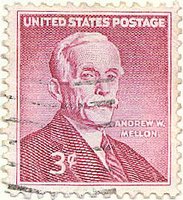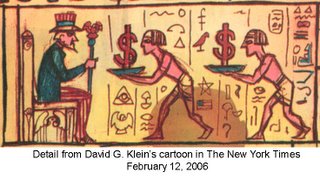Last year, IRS gave estate planners heartburn with
Rev. Proc. 2005-24, which discovered a hitherto unknown potential defect in all charitable remainder annuity and unitrusts. The defect was the chance that a surviving spouse might elect a statutory share, that the share might include inter vivos charitable trusts, and so the spouse might ultimately get some assets from the charitable trust. The Service's remedy was to require the spouse to waive such rights, in writing, upon the creation of the trust. Failure to comply would mean no charitable deduction, even if the spouse never ultimately made a claim against the charitable trust.
A variety of problems with this remedy have been voiced by commentators. The snarkier ones have pointed out that IRS' own CRUT and CRAT forms don't address the "problem."
"We hear you," the IRS has now said. Last year's Rev. Proc. had an effective date of June 28, 2005 (earlier-drafted documents were in the clear). In
Notice 2006-15 the IRS has now suspended the effective date, and in effect suspended the procedure itself until further guidance is issued. "The Service will disregard the existence of such a right of election, even without a waiver as described in
Rev. Proc. 2005-24, but only if the surviving spouse does not exercise the right of election," it concludes. Hopefully future guidance will be more practical.
 This man put forth a sucessful program for cutting income-tax rates. This man wanted to repeal the estate tax. Who was he? Andrew Mellon, the banker/industrialist turned Treasury Secretary.
This man put forth a sucessful program for cutting income-tax rates. This man wanted to repeal the estate tax. Who was he? Andrew Mellon, the banker/industrialist turned Treasury Secretary.






